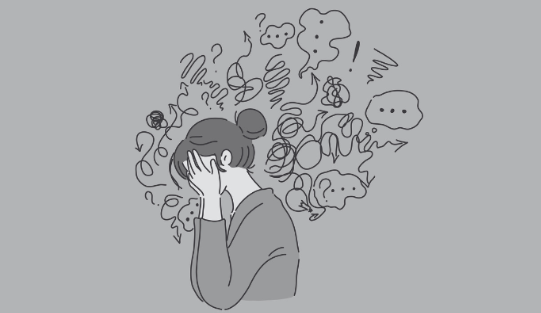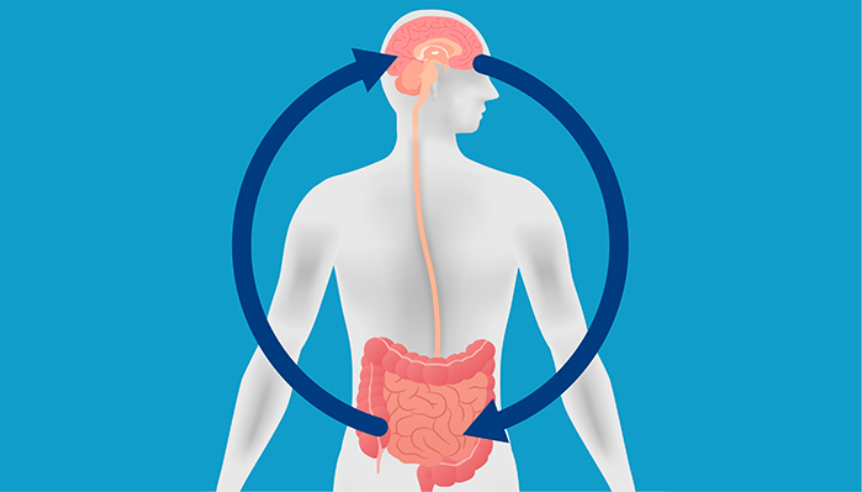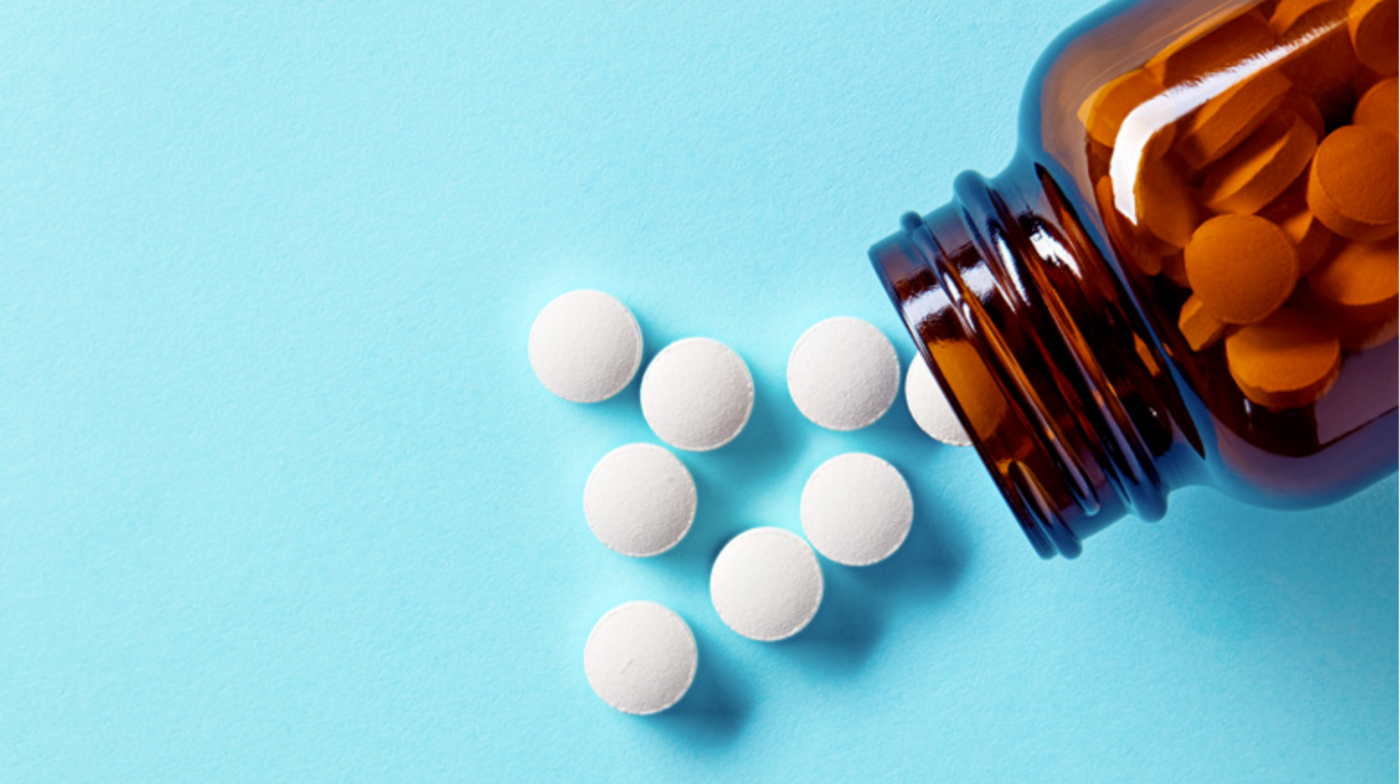5-hydroxytryptophan (5-HTP) is a natural substance that the body makes to produce serotonin, a neurotransmitter that helps regulate mood, sleep, appetite, and pain.
Supplementation with 5-HTP has shown to increase levels of serotonin in the body, which has potential benefits for a number of conditions.
Key Points
- Improved symptoms of depression in 13 studies
- Showed similar efficacy as prescription antidepressants in clinical trials
- May be effective in improving other antidepressant therapies
- Plays a role in the connection between the gut microbiome and mental health*
- Promoted sleep quality in individuals struggling with sleep
- Improved sleep disorders when combined with GABA
*Shown in animal studies, not in humans
Improved Symptoms of Depression In 13 Studies
A meta-analysis of 13 studies showed that 5-HTP supplementation had a positive effect on depression. A mean drop in Hamilton Rating Scale for Depression scores of 12.7 points was reported.
“A difference of 12 points is consistent with a decline in score from severe depression to a healthy range.”
The analysis also revealed that 65% of patients achieved remission from depression after supplementation of 5-HTP.
As Effective as Prescription Antidepressants, According to 2 Studies

Two comparative studies found that supplementation with 5-HTP was as effective as a common antidepressant medication (fluvoxamine) in treating symptoms of depression (1,2)
Enhanced Outcomes of Other Antidepressant Compounds
Other research suggests it may be effective as an addition to standard treatment regimens to enhance the effectiveness of antidepressants.
Restored Gut Bacteria Balance, Which Impacts Depression

Disruptions in gut microbiota balance have been linked to the development of depression.
Emerging evidence suggests 5-HTP plays a role in the relationship between the gut microbiota and the brain in the context of mental health. (3)
In a study with depressed mice, 5-HTP supplementation restored disrupted gut microbiota and positively influenced mood-related factors like brain-derived neurotrophic factors (BDNF) and short-chain fatty acids (SCFAs), suggesting its potential in alleviating depression-related disturbances.
“Taken together, it can be concluded that 5-HTP could restore the dysbiosis of gut microbiota in mice with depression-like behaviors and recover the dysfunction of many biochemical factors that are crucial for depression development.”
Another study using a mouse model of depression found that probiotic supplementation exerted antidepressant effects by restoring the gut microbiota and increasing levels of 5-HTP in the brain.
Promoted Sleep Quality
In an 8-week clinical trial, older adults with poor sleep quality who took 5-HTP supplementation had a significant reduction in sleep latency (the time it takes to fall asleep).
Combination of 5-HTP and GABA Improved Sleep Disorders
GABA is a chemical messenger that has a calming effect. A small study showed that daily intake of a formulation containing 5-HTP and GABA for one week reduced time to fall asleep, increased the duration of sleep, and improved quality of sleep.
The efficacy of GABA and 5-HTP taken for enhancing sleep was also observed in a study using animal models of insomnia.
Bioavailability
Bioavailability of oral 5-HTP refers to the amount of 5-HTP taken orally that actually enters your bloodstream and becomes usable by your body. It’s estimated to be approximately 70%, meaning that roughly 70% of the orally consumed 5-HTP is actually absorbed into your bloodstream and available to your body. (4)
Delivery systems have been developed to improve the bioavailability of 5-HTP. (5)

